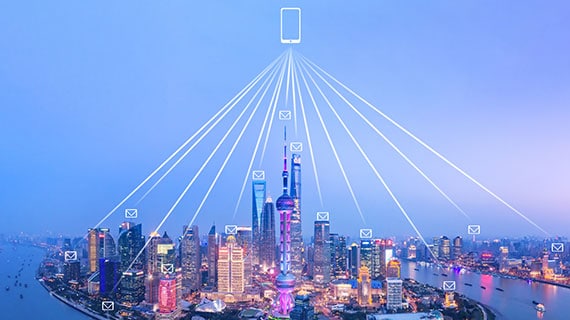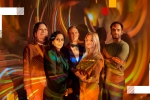Smart & Safe Cities
Smart & safe cities
Urbanization means more crowded areas and challenges like spatial planning, environmental effects, mobility issues and a new social/demographic balance. This means that the physical and social infrastructure will change and new underlying dynamics will evolve. The information society is pushed and integrated in almost all facets of the city. Within this disrupted environment, becoming a safe city does not only mean taking good care of the residents and the way they live, work and their leisure in the city and make this easier, but also taking care of the risks and threats that lay beneath.
Technology-wise there are a lot of possibilities to make cities safer and smarter. But this doesn’t mean that we can use all the technology just in the way we would like to because it has to be implemented, shared and managed by many stakeholders within laws and regulation. For example sharing data to be safe, sounds logical but it is not. Safety is also the feeling of freedom when living in a city. That means privacy cannot be compromised.


Our approach
At PwC we look at possible threats and develop scenarios on how to deal with threats and risks while maintaining a safe city. Becoming a safe city is a matter of smart cooperation next to the use of new technological possibilities. It is not possible to become a safe city on your own. Within a city you need strategic alliances. These cooperation should focus both on prevention and repression to achieve real long lasting results. Besides, it is necessary to share data while ensuring everybody’s privacy.
We conduct a 2way approach for challenges we are facing:
- The first approach focusses on physical safety: safety in vital infrastructure, public transport, housing, climate changes and threads from terroristic attacks, each influenced by the condensed way of living and working.
- The second approach is all about the ‘warm’ side of our life: social inclusion, age friendliness, easiness in personal, economic and social development, which is expressed in the way we feel valued as an individual or group.

















